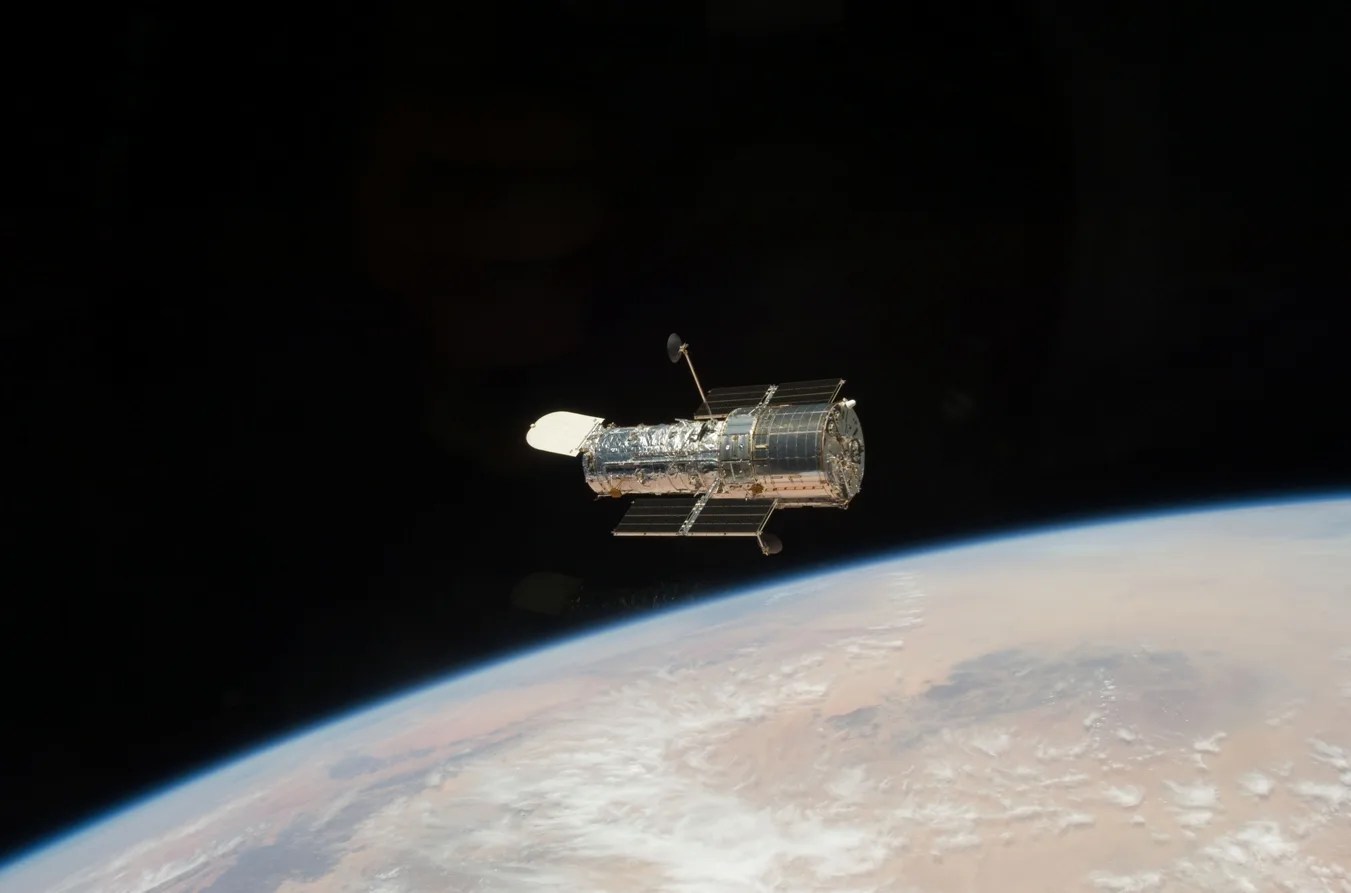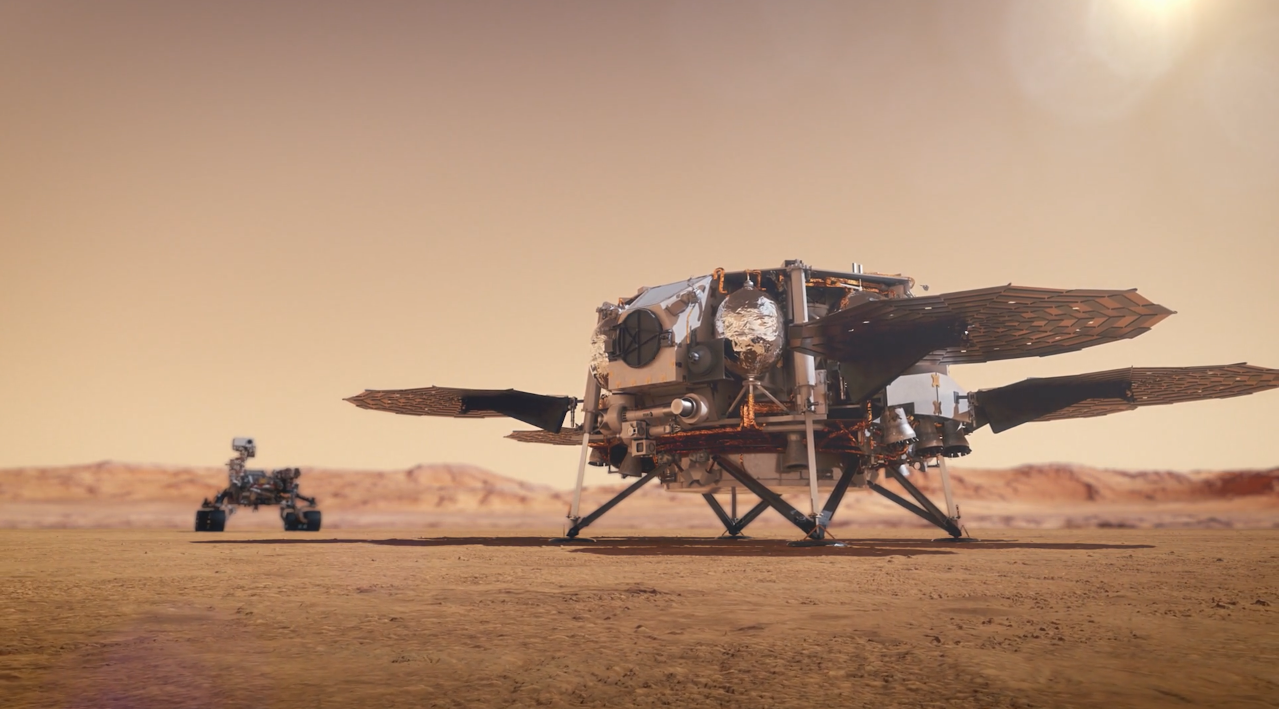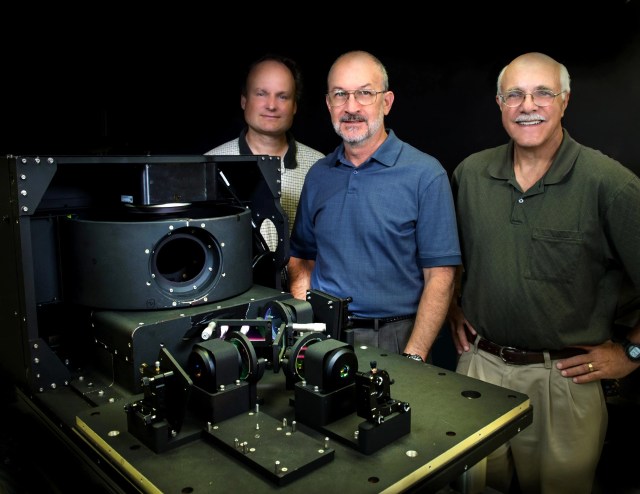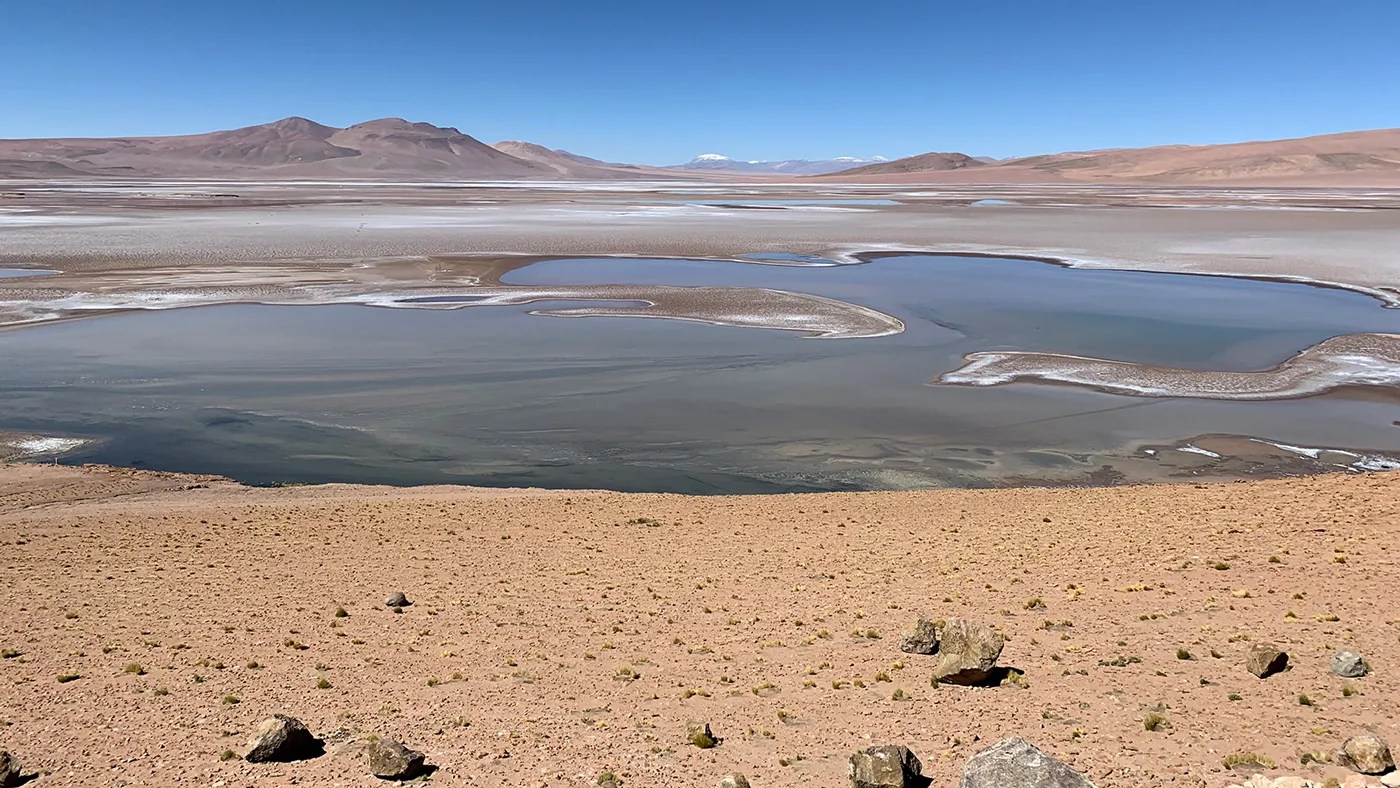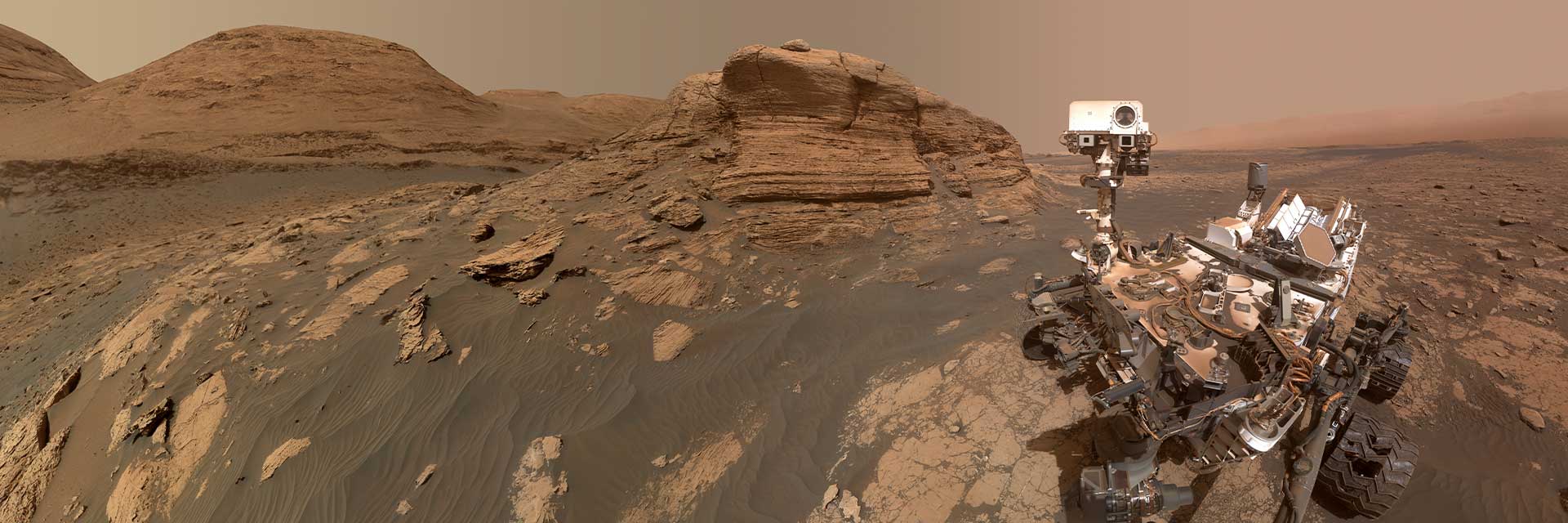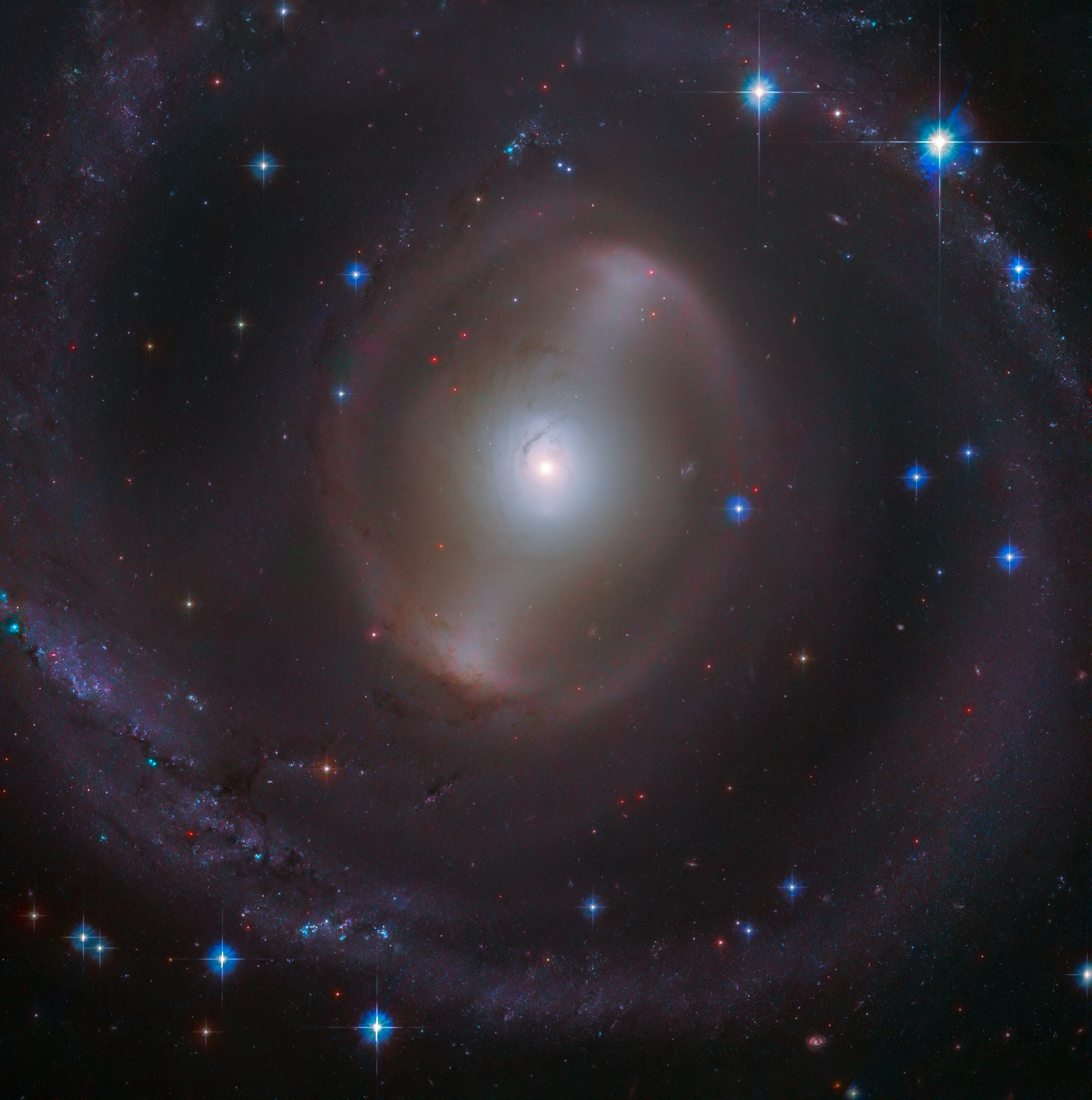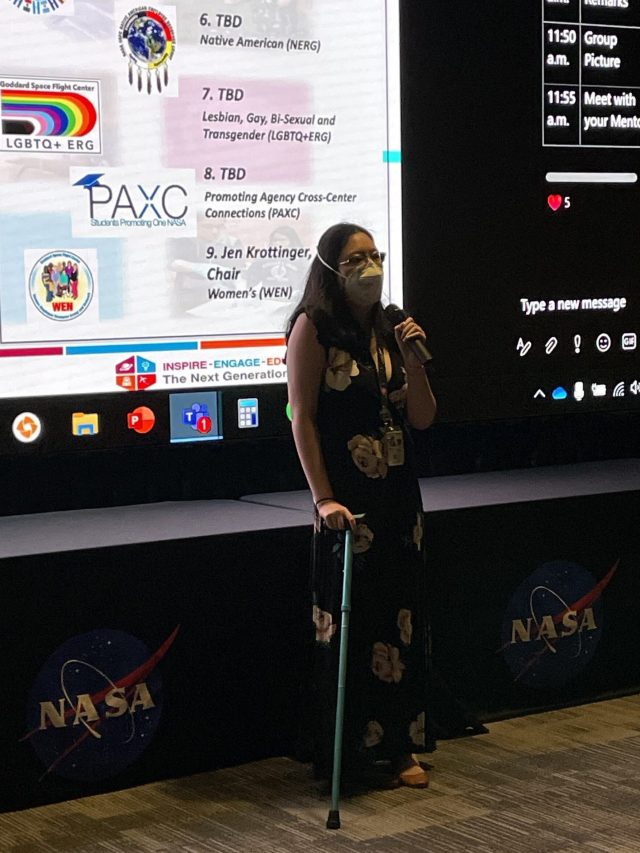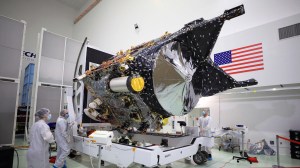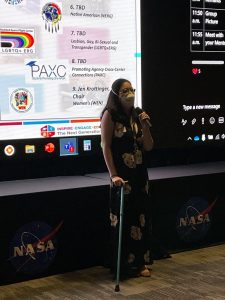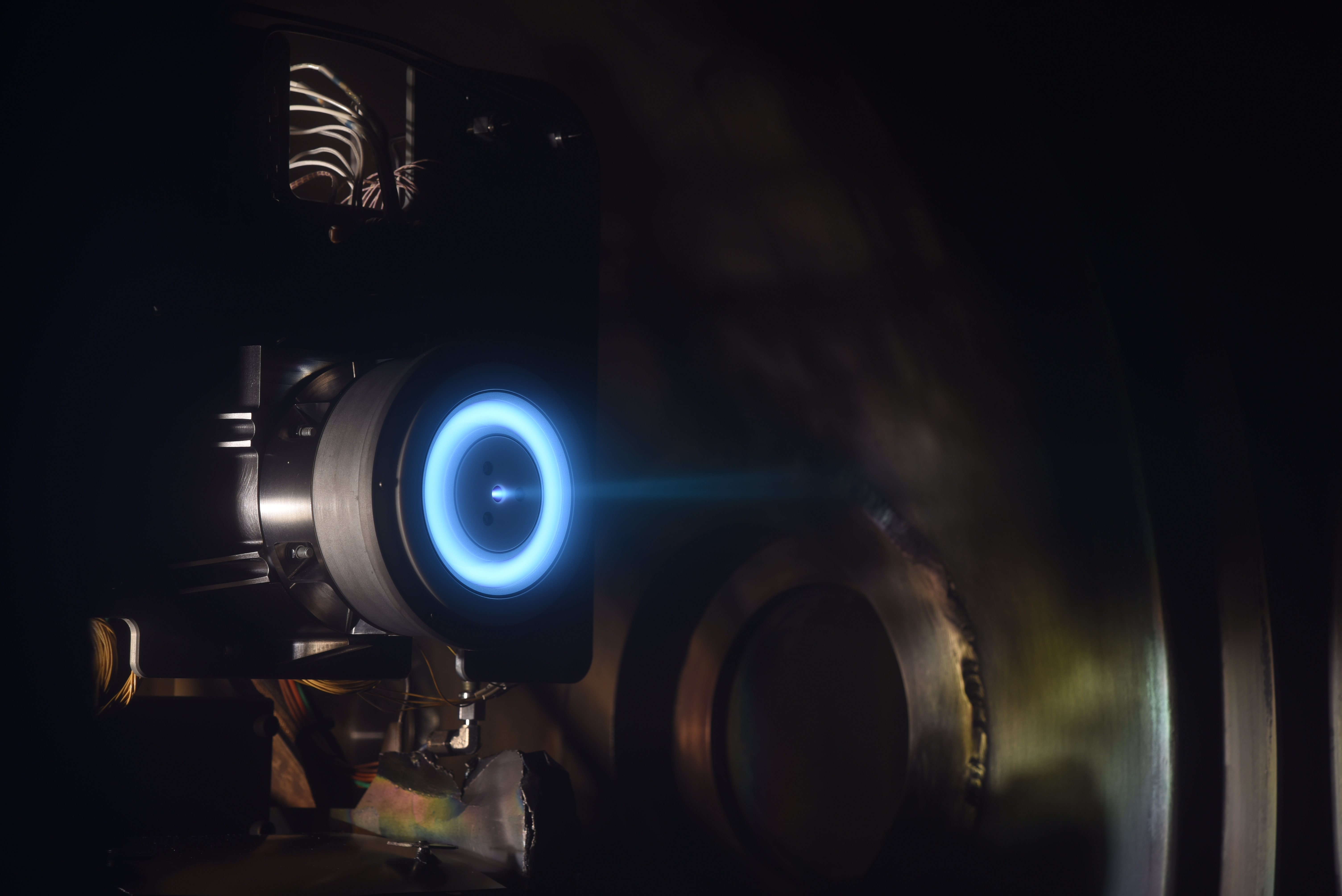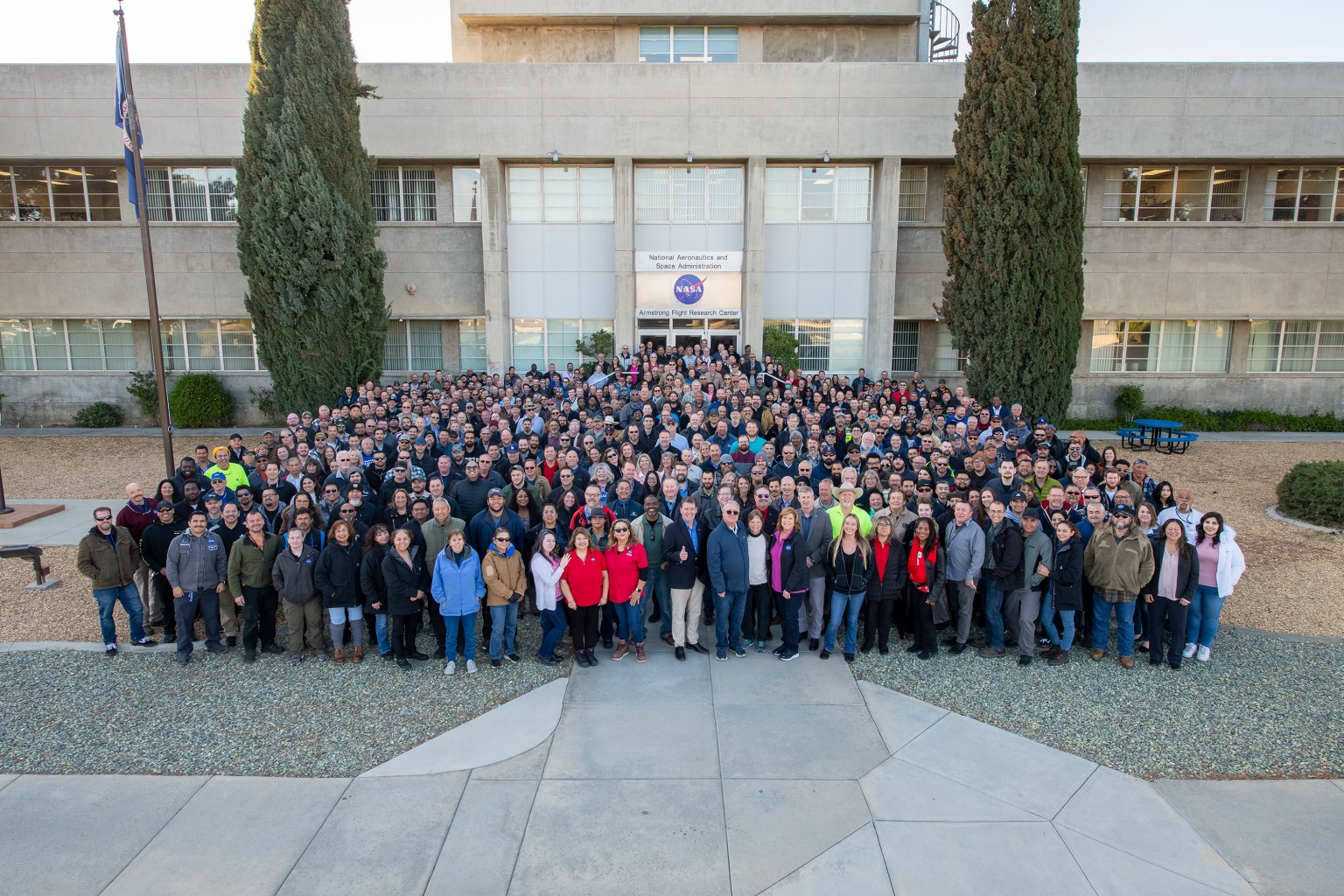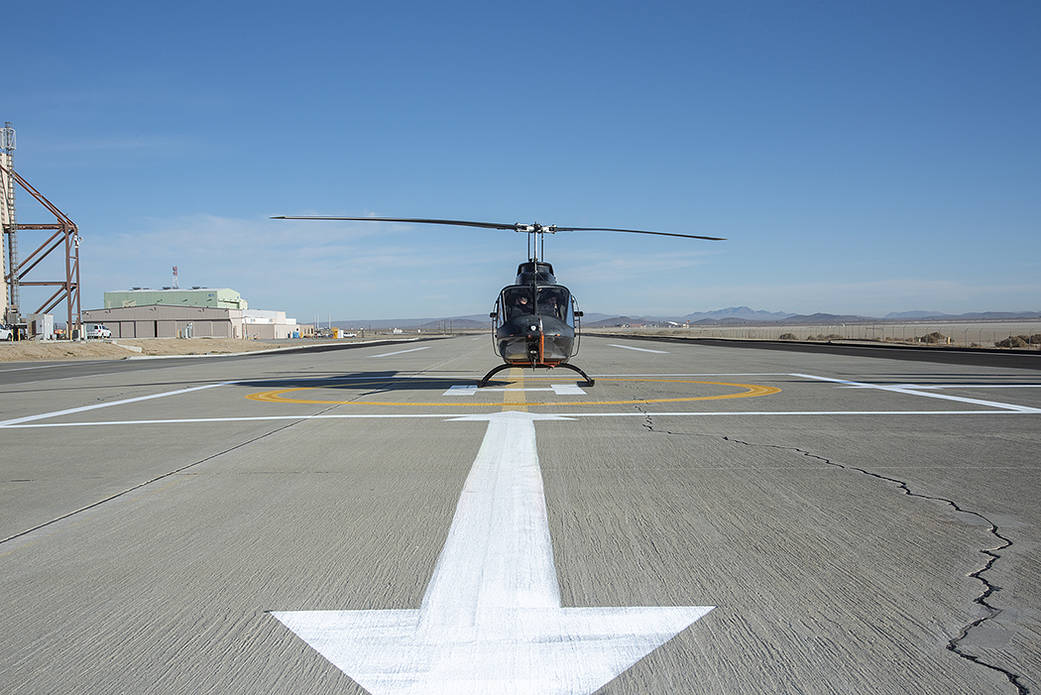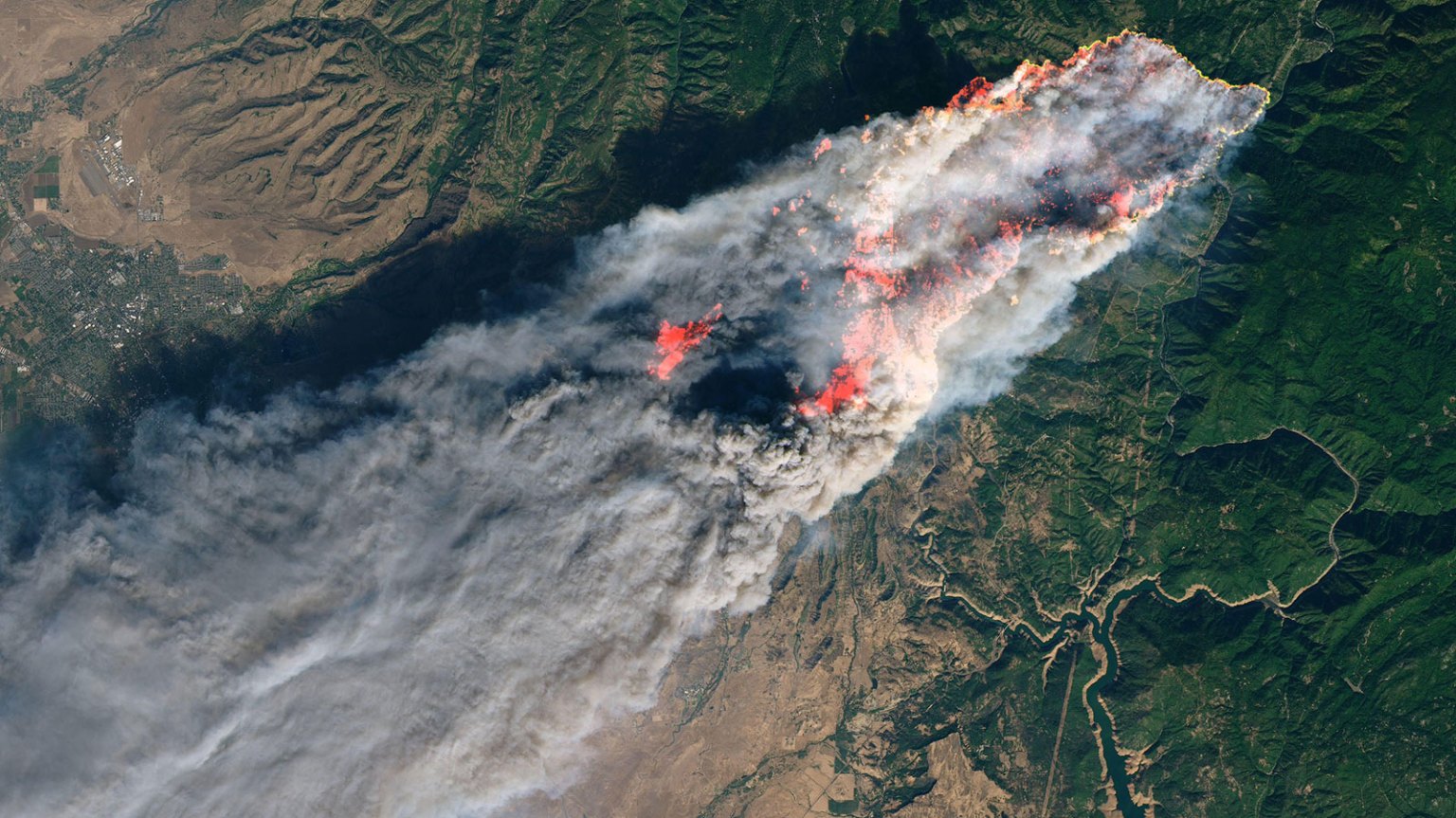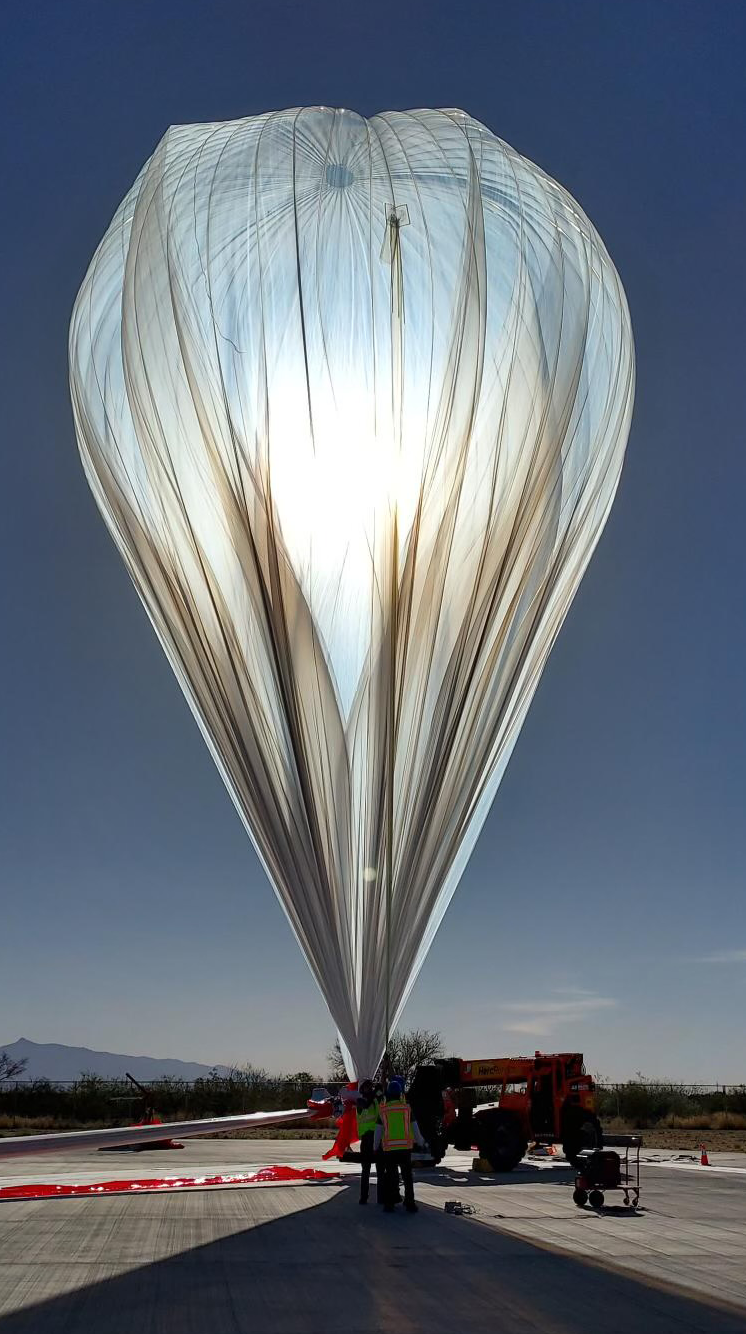“I know that there are a lot of issues in the world, but here at NASA, I feel like I am part of a family that helps motivate me to be the best I can be.”
What do you do at NASA and what is most interesting about your role here?
As a senior aerodynamics research engineer, I am the Engineering Operations Branch Chief. Within this role, I manage the Technology Transfer Office, Small Business Innovative Research Program Office, the Scientific Technology Information (STI) Program Office, the Partnership and Agreements Office, Technical Publications Office, Knowledge Management Office, and support the Engineering Technology Support Services Contract. With this role I get to manage services that both support the NASA mission and get to interact with the general public. It’s really cool to share the work we do here at NASA with the world!
How do you help support Armstrong’s mission and how long have you worked here?
I have worked for NASA Armstrong for 33 years; I started as a co-op and then moved to a permanent position. As an aerodynamics engineer, I have supported various missions as the air data engineer: X-29B, F-18 HARV, X-43A, Orion Pad Abort, and G-III ACTE. I have also been the lead aero engineer on other projects. Eventually I transitioned to becoming the Armstrong program manager for the SBIR program and finally on to becoming the branch chief of the Engineering Operations Branch.
Why did you choose to work at NASA and what has been the highlight of your career?
NASA was kind of the dream that I thought I did not have a chance at. Originally, I thought I would work in the auto industry, but one day a NASA recruiter visited my school (Cal Poly San Luis Obispo) and talked me into giving an interview. I was then offered a job as a Co-op, and I couldn’t believe, but I still jumped at the chance, figuring that it would be a great experience and something to tell my kids someday. Well, I think I made an impression because once I graduated, I was offered a full-time job.
As for highlights in my career, it was the chance to work on the space side of the house as the lead aerodynamic flight test engineer for the Orion Pad Abort Test. Not a lot of people get to say that they worked both aerodynamic research and supported the space side of the house in the same career.
What has been your proudest accomplishment?
I have too many accomplishments to list, but the biggest accomplishment was knowing that I designed one of the world’s fastest air data systems that was successfully flown on the X-43, going faster than Mach 9. It’s quite humbling to see years of work cumulate into a successful flight test and having a subsystem that was able to tell everyone that you broke a speed record.
What has been your biggest inspiration?
I would say the people that I worked with, that mentored me, and just the culture of NASA. When you talk to people outside of NASA, you get to see the awe in their eyes of just how great NASA is.
I know that there are a lot of issues in the world, but here at NASA, I feel like I am part of a family that helps motivate me to be the best I can be. According to my wife, an engineer is a strange creature, but here at NASA I fit in; because of that I try to inspire others to find were they fit in and work to make that a part of their life.
Do you have any advice for others like yourself who may be contemplating a career at NASA?
Be open to new experiences. Be willing to try new assignments, because you never know what hidden talents you might have, and those new experiences do open you up to new possibilities here at NASA. Learn all you can when you’re new, then when the time comes be open to teach your experiences to new people to help keep this great place going.
Is there something surprising about you that people do not generally know? (Maybe a hobby or a fun fact)
I have a lot of little hobbies, like I enjoyed racing my corvette, that is until I sold it because I started a family, which is my current joy. I enjoy watching racing, from F1, Indy cars, and Le Mann Endurance style racing. Looking at the latest car to see what kind of tech has been integrated into it. The same goes for aircraft. I love to see what latest tech has been used and to see if it was anything that I might have worked on in the past.


